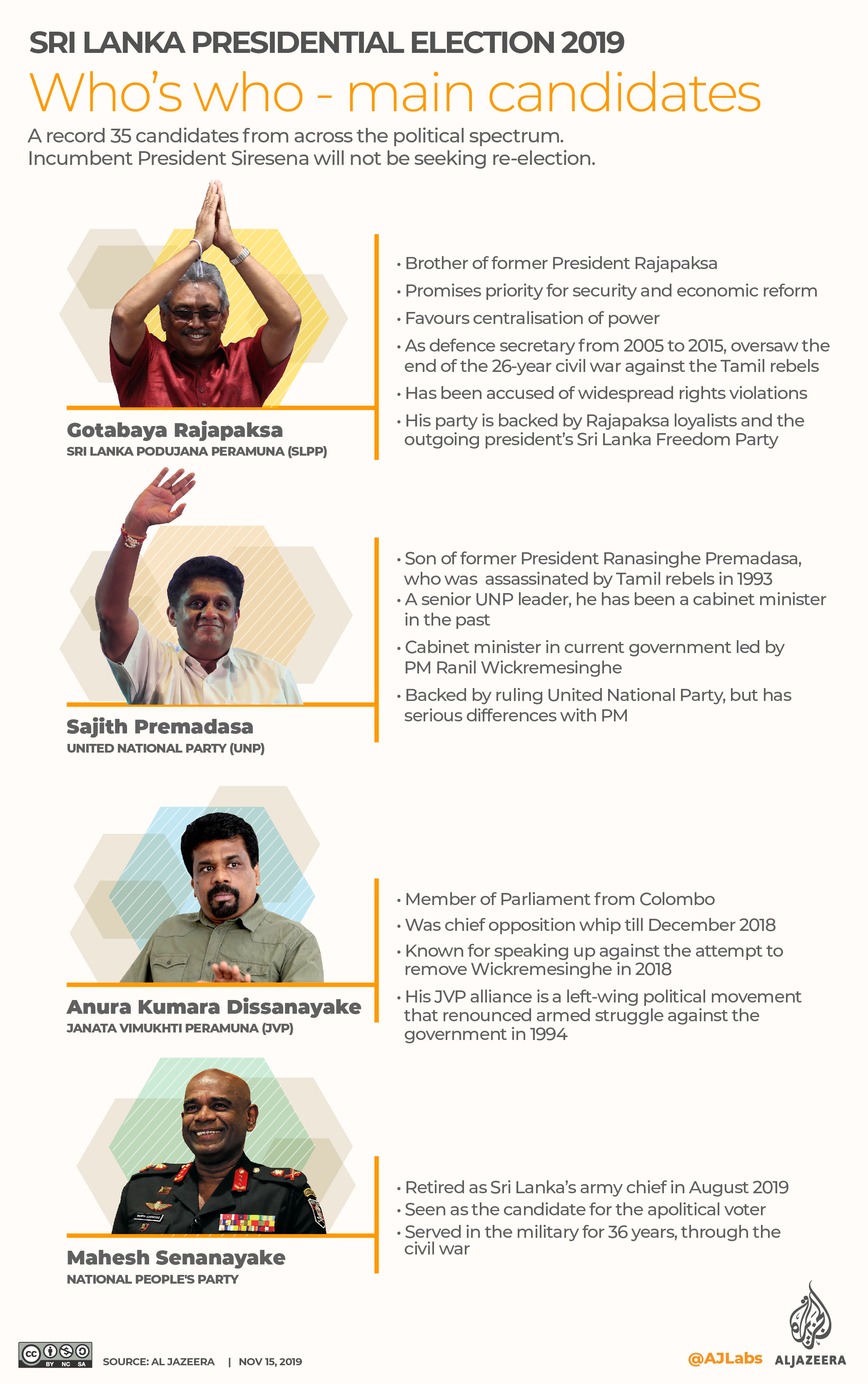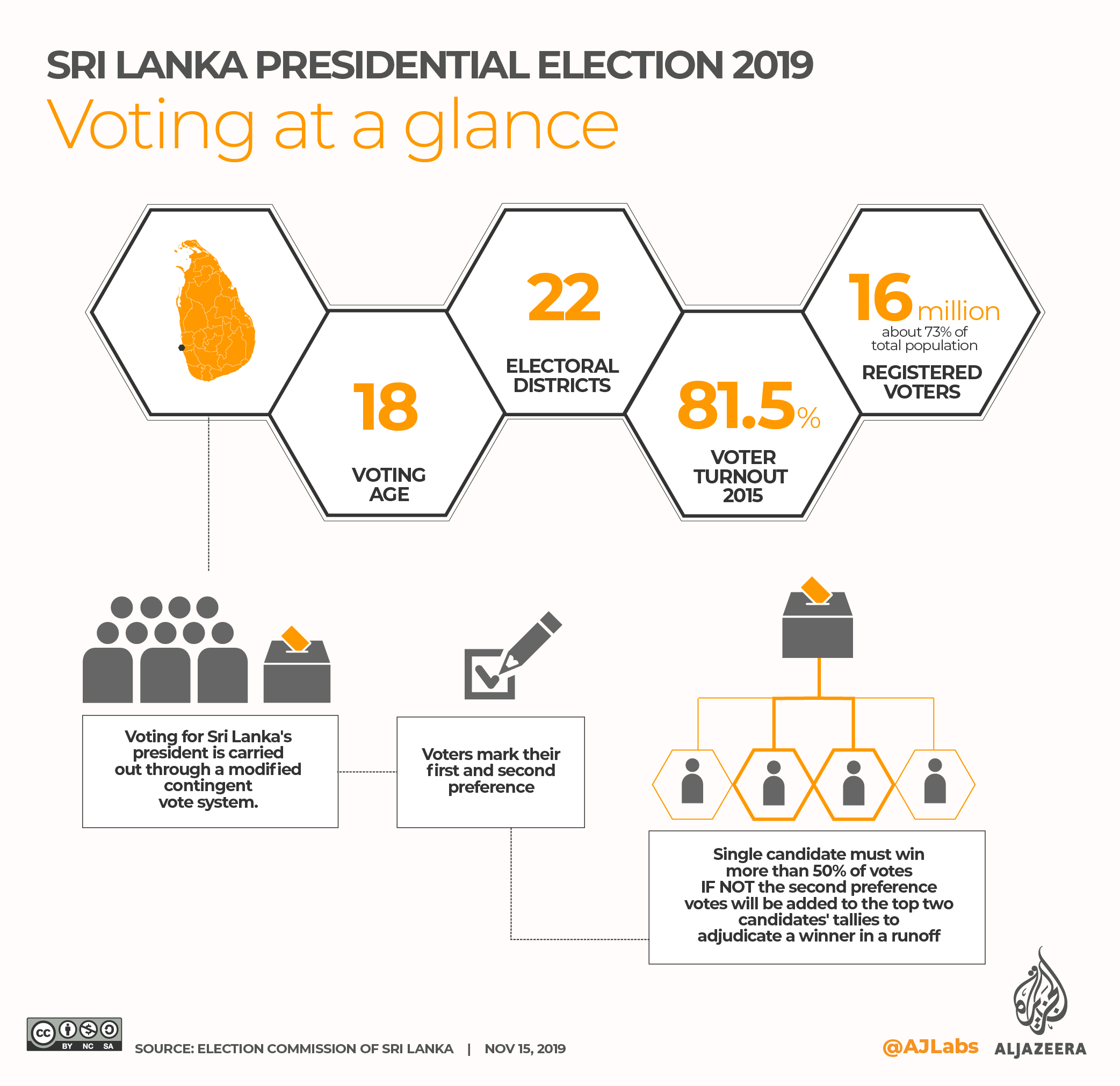Following is the chronology of events in the Ram Janmabhoomi-Babri
Masjid land dispute case in which the Supreme Court on Thursday declined
to refer the issue of reconsideration of its observation that mosque
was not integral to Islam, to a larger bench:
*1528: Babri Masjid built by Mir Baqi, commander of Mughal emperor Babur.
*1885: Mahant
Raghubir Das files plea in Faizabad district court seeking permission
to build a canopy outside the disputed Ram Janmabhoomi-Babri Masjid
structure. Court rejects plea.
*1949: Idols of Ram Lalla placed under a central dome outside the disputed structure.
*1950: Gopal Simla Visharad files suit in Faizabad district court for rights to worship the idols of Ram Lalla.
*1950: Paramahansa Ramachandra Das files suit for continuation of worship and keeping the idols.
*1959: Nirmohi Akhara files suit seeking possession of the site
*1981: UP Sunni Central Waqf Board files suit for possession of the site.
*February 1, 1986: Local court orders the government to open the site for Hindu worshippers.
*August 14, 1989: Allahabad HC ordered maintenance of status quo in respect of the disputed structure.
*December 6, 1992: Ram Janmabhoomi-Babri Masjid structure demolished.
1993
*April 3: ‘Acquisition of Certain Area at Ayodhya Act’ passed for acquisition of land by Centre in the disputed area.
*1993: Various writ petitions, including one by Ismail Faruqui, filed at Allahabad HC challenging various aspects of the Act
*October 24, 1994: SC says in the historic Ismail Faruqui case that a mosque was not integral to Islam.
*April 2002: HC begins hearing on determining who owns the disputed site.
2003
*March 13: SC says, in the Aslam alias Bhure case, no religious activity of any nature be allowed at the acquired land.
*March 14: SC says interim order passed should be operative till disposal of the civil suits in Allahabad HC to maintain communal harmony
2010
*September 30, 2010: HC, in a 2:1 majority, rules three-way division of disputed area between Sunni Waqf Board, the Nirmohi Akhara and Ram Lalla.
*May 9, 2011: SC stays HC verdict on Ayodhya land dispute.
*February 26, 2016: Subramanian Swamy files plea in SC seeking construction of Ram Temple at the disputed site
2017
*March 21: CJI JS Khehar suggests out-of-court settlement among rival parties.
*August 7: SC constitutes three-judge bench to hear pleas challenging the 2010 verdict of the Allahabad HC.
*August 8:
UP Shia Central Waqf Board tells SC mosque could be built in a
Muslim-dominated area at a reasonable distance from the disputed site.
*September 11:
SC directs Chief Justice of the Allahabad HC to nominate two additional
district judges within ten days as observers to deal with the upkeep of
the disputed site.
*November 20: UP Shia Central Waqf Board tells SC temple can be built in Ayodhya and mosque in Lucknow.
*December 1: Thirty-two civil rights activists file plea challenging the 2010 verdict of the Allahabad HC.
*December 5:
The final hearings in the Ayodhya appeals begin before a Bench of Chief
Justice of India (now retired) Dipak Misra, Justices Ashok Bhushan and
S. Abdul Nazeer.
2018
*February 8, 2018: SC starts hearing the civil appeals.
*March 14: SC rejects all interim pleas, including Swamy’s, seeking to intervene as parties in the case.
*April 6: Rajeev
Dhavan files plea in SC to refer the issue of reconsideration of the
observations in its 1994 judgement to a larger bench.
*July 6:
UP government tells SC some Muslim groups were trying to delay the
hearing by seeking reconsideration of an observation in the 1994
verdict.
*July 20: SC reserves verdict.
*September 27: SC
declines to refer the case to a five-judge Constitution bench. Case to
be heard by a newly constituted three-judge bench on October 29.
*October 29:
A three-judge Bench led by CJI Ranjan Gogoi order the dispute appeals
will be listed in January 2019 before an appropriate Bench to fix a date
for hearing.
2019
*January 4: A Two-judge CJI Bench again says an "appropriate Bench" will take up the appeals on January 10.
*January 8:
SC notifies that a five-judge Bench led by the CJI and the next four
future Chief Justices of India in line of seniority - Justices S.A.
Bobde, N.V. Ramana, U.U. Lalit and D.Y. Chandrachud - will hear
the Ayodhya title dispute appeals on January 10.
*January 10: The hearing remains a non-starter as Justice U.U. Lalit recuses himself from the Bench.
*January 29: Hearing
deferred as Justice Bobde was on medical leave. Justices Ashok Bhushan
and S. Abdul Nazeer are replaced with Justices N.V. Ramana and U.U.
Lalit.
*February 20: A Supreme Court circular informs that the Ayodhya Bench will assemble on February 26.
*February 26:
The Supreme Court proposes a court-monitored mediation process between
the Hindu and Muslim parties litigating the Ayodhya dispute. Gives eight
weeks for the Muslim appellants to examine the official translation of
Ayodhya case records.
*March 8: The Bench sends
the Ayodhya dispute for mediation. The mediators are former apex court
judge, Justice F.M.I. Kalifulla, as Chairman, spiritual leader Sri Sri
Ravishankar and senior advocate Sriram Panchu.
*
August 2: Efforts to mediate a final
settlement between
rival Hindu and Muslim parties in the Ayodhya title dispute cases had
failed, a Constitution Bench led by Chief Justice of India Ranjan Gogoi
says;
Court to hear appeals from August 6 on a day-to-day basis. |
Ayodhya mediation was close to a settlement
*
August 6: Constitution Bench
begins hearing the cross-appeals filed by the Hindu and Muslim sides challenging
the three-way partition of the disputed 2.77 acres of
Ramjanmabhoomi-Babri Masjid land among Ram Lalla, Nirmohi Akhara and the
Sunni Waqf Board; Nirmohi Akhara lays claim to Ram Janmabhoomi
*August 7: “Whether Jesus Christ was born in Bethlehem... Has such a question ever arisen in any court,” Justice S.A. Bobde asks;
Unshakeable faith is proof of Rama’s birthplace, says Ram Lalla‘s lawyer.
*August 8: Can birthplace be considered a ‘juristic person’, asks Supreme Court.
*August 9: Senior advocate Rajeev Dhavan, appearing for a Muslim party, said he will “not be able to assist” the court
if the hearing is “rushed through”.
*August 13: We’re in no hurry to finish Ayodhya hearing, says Supreme Court.
*August 14: Supreme Court poses queries to Hindu parties’ counsel.
*August 16: Prove that Babri Masjid was built over a temple, Supreme Court tells Hindu parties.
*August 19: No hearing as Constitution bench judge unavailable.
*August 20: Inscription on mosque slab spoke of Vishnu temple, Supreme Court told.
*August 21: Present evidence on temple claim,
Supreme Court tells lawyers.
*August 22: Hindus have an “unfettered” right to worship at a site believed for centuries to be the birthplace of Lord Ram, appellant Gopal Singh Visharad tells court.
*August 23: Respond to Ayodhya case judge’s protection plea, Supreme Court tells U.P. |
Nirmohi Akhara quizzed on rights to Ayodhya site.
*August 27: Nirmohi Akhara drops
objection to a separate suit for title filed by the Ayodhya deity.
*August 28: Babur may not have built Babri Masjid, Supreme Court told.
*August 30: Emperor Babur was an invader and law could not be used to “institutionalise” the rights of an invader, the
Hindu Mahasabha argues;
Shia Waqf Board questions claim of Sunni section over the disputed land.
*September 3:
Installation of idols inside Babri Masjid in the intervening night of
December 22-23 of 1949, which marked the beginning of heightened
tensions and legal battle, was a
“surreptitious attack”, senior advocate Rajeev Dhavan claims. |
SC notice to Chennai man for allegedly intimidating Rajeev Dhavan
*September 4: Hindus and Muslims “alike used to worship in the mosque-temple”, Rajeev Dhavan tells Supreme Court. |
SC to look into litigant’s complaint of intimidation
*September 6: CJI to hear plea for live-streaming of Ayodhya title dispute case
*September 14: A devotee’s faith cannot be questioned, says Supreme Court
*September 16: Ayodhya
parties want talks to resume, mediation panel tells Supreme Court
*September 17: Hindu parties’
arguments based on theology rather than legality and concrete proof, says Rajeev Dhavan
*September 18: Ram Chabutra becomes the focal point in Ayodhya hearing | Supreme Court allows mediation committee to resume talks | It sets an
October 18 deadline for completion of all arguments in the title dispute, raising the possibility of a verdict in the middle of November.
*September 19: The
Uttar Pradesh Sunni Central Waqf Board denies reports that it was diluting its stand in the Babri Masjid-Ram Janmabhoomi case. | Senior advocate
Rajeev Dhavan loses his cool, and tells Justice Bhushan "I can see some kind of aggression in My Lord’s tone."
Also read: The
Supreme Court closes a contempt case against
an 88-year old retired public servant for writing objectionable letters
to senior advocate Rajeev Dhavan for appearing for Muslim parties in
the case.
*September 20: Bench decides to
hear the case after regular court hours, till 5 p.m., on September 23.
*September 23: The Bench says the faith of Hindus in the Ram Janmabhoomi had been a constant and it
would be hard to rebut their belief,
while questioning senior advocate Rajeev Dhavan, appearing for the
Muslim parties, on whether the divinity and the “exact form” of an idol
or a deity were necessary to hold that they had a “juristic
personality”.
*September 24: The Muslim side in the title dispute case says
Lord Ram was born in Ayodhya and accepts that Ram Chabutra (a platform) is his exact birth spot.
*September 25:
The Muslim parties argue that the 2003 Archaeological Study of India
(ASI) report on the excavations at the Babri Masjid site, which reported
traces of a large structure pre-existing the Babri Masjid, is filled
with “palpable and inherent” infirmities and inconsistencies. But the
Bench says the
ASI report can't be contested now and should have been objected to in the Allahabad High Court, which had commissioned the excavations.
*September 26: Supreme Court judge, Justice S.A. Bobde, said the court
cannot be expected to re-construct the history
of the Babri Masjid site from ruins, and dropped the penny that the
Archaeological Survey of India (ASI) findings may not
be “authoritative”.
*September 30: The Supreme Court asked the Ayodhya deity's lawyer why the Hindus insist the disputed land is divine. The court
questioned why the Hindu parties want the disputed land to be recognised not only as a separate juristic person but also as a divinity.
*October 14:
Sheer belief that Lord Ram was born exactly under the central dome of
Babri Masjid, demolished in 1992 by kar sevaks, does not give the Hindus
the title or ownership of the disputed land,
senior advocate Rajeev Djavan submitted before the Ayodhya Bench of the Supreme Court on Monday.
*
October 16: Supreme Court reserves verdict after 40-day marathon hearing | Ayodhya mediation panel files settlement document in Supreme Court
November 8: Supreme Court to pronounce verdict in the Ayodhya appeals case on November 9.
November 9: Temple at disputed site, alternative land for mosque,
rules Supreme Court; Centre told to formulate a scheme within three
months and set up a trust to manage the property and construct a temple





























